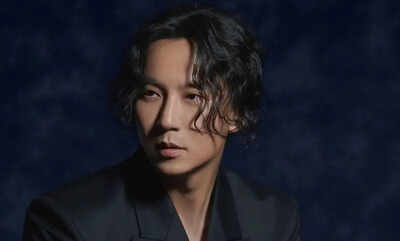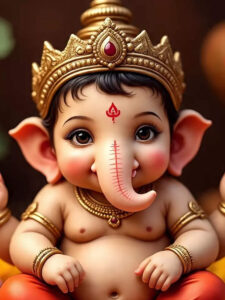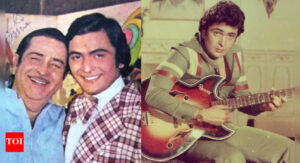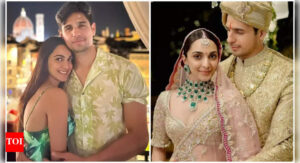‘Trigger’: Kim Nam-gil on gun violence and conscience — “Peace you get through killing isn’t real..” |
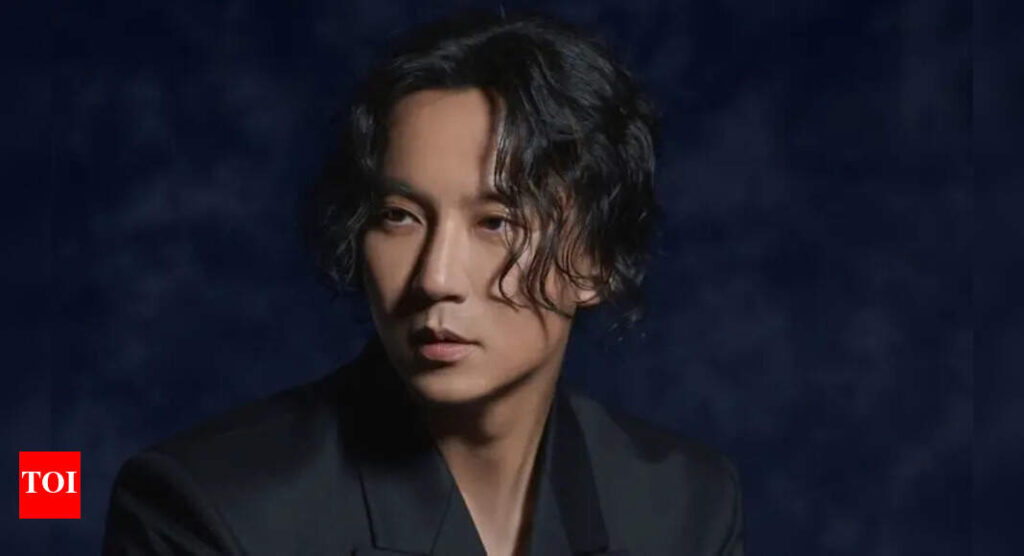
Trigger Warning: This article discusses gun violence, its impact, and related social issues, which some readers may find disturbing.South Korea stands out globally for its almost complete absence of petty gun violence. Every day citizens rarely glimpse a firearm outside their military duty or crime thrillers. But what if guns were suddenly unleashed on the streets? The original series “Trigger”, premiering on Korea’s largest online video platform, dares to run wild with this question.The story thrusts viewers into a version of Korea they’ve never seen-where weapons get into the hands of ordinary, frustrated souls and ripple across society in ways no one could predict. At the center is Kim Nam-gil, tackling the role of Lee Do, a stoic patrol officer with an elite military past and a heavy conscience. To uncover the thought process and real dilemmas behind “Trigger”, we sat down for an in-depth conversation with Kim Nam-gil himself. Q. What first drew you to this project?“To be honest, the core idea grabbed me right away. In Korea, unless you’re in uniform, you’ll never touch a real gun. Still, thanks to military service, half the country knows how to use one. The director’s question stuck with me: if guns were suddenly everywhere, how would people react? That twist on reality felt refreshingly bold-so I couldn’t say no.But after we started filming, an actual homemade gun incident hit the headlines in Incheon. We had no intention of tapping into grim realities, but sometimes fiction and reality collide. It shook all of us.” Q. Your character, Lee Do, avoids violence-even though he’s a marksman. Was that tough to play?“I’ll admit, there were scenes where I felt impatient. Lee Do had the skills to solve things forcefully, but he keeps searching for another way. The creative team’s message was firm: We don’t conquer violence with more violence. Even when pressured to pull the trigger, Lee Do’s restraint matters. I realized through this journey that peace you get through killing isn’t real peace-it’s hollow.Many action thrillers focus on revenge and escalation. But with ‘Trigger’, we wanted to show another path, even if it feels slow or frustrating. I hope viewers see that.” Q. You’re often chosen for heroic, morally driven roles. Does this shape your approach as an actor?“I get a lot of offers to play people who fight for justice or defend the underdog. Maybe it’s because I like to show the vulnerabilities in my characters; I really do care about people who are overlooked or powerless. But I want to be completely honest-as an actor, I’m very curious about playing the opposite, too. If someone gave me a cowardly or devious character, I’d run with it! In my daily life, I’m far from perfect-sometimes I’m the villain of my own story.” Q. Is there a dream role or future genre you haven’t tried yet?“Strangely, after doing so many action-heavy dramas, I’ve developed a reflex to instinctively block or throw a punch on cue! That’s why my real dream is a passionate romance-preferably with a cinematic, noir edge. I want to play someone swept up in love, to show a totally different, vulnerable side. Serious characters have a place, but next time, I’m hoping for an intense, emotional love story, maybe even with some bittersweet nostalgia.” Q. “Trigger” launched as the country’s real headlines included gun-related incidents. How do you feel about this timing?“We began ‘Trigger’ purely as a fantasy. There was never any plan to mirror real-life tragedies. But when news broke about actual gun violence, everyone stopped and reconsidered what we were making. Ultimately, my hope is that viewers will reflect: Peace isn’t built on weapons, but on choices. The drama’s timing is coincidental-the message is timeless.” This interview uses coverage from Yonhap News to reveal the layers behind ‘Trigger’, one of Korea’s most debated original drama series. Kim Nam-gil’s thoughtful insight spotlights what’s at stake when fiction, ethics, and social reality mix.Disclaimer: The views and information presented in this article are for informational purposes only and do not constitute endorsement of any particular stance on gun ownership or regulation.
